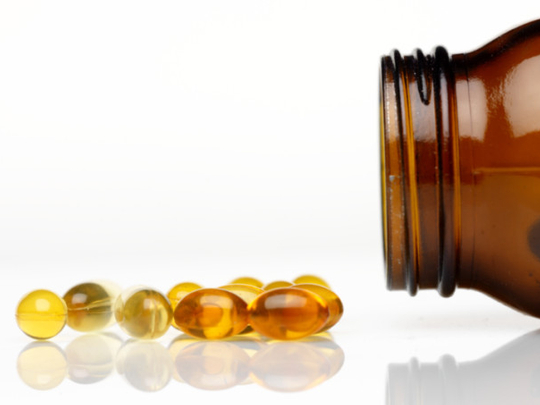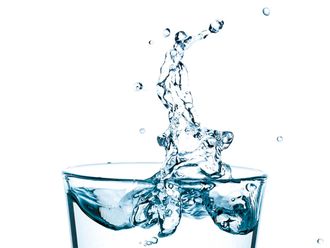
Worried about your hair loss, you drop into a pharmacy and pick up a bottle of zinc supplements. You have read somewhere that zinc is essential for hair health and you are wondering if a lack of the mineral could be the cause of your hair loss. Happy with your purchase, you get home and pop a pill with your lunch.
Have you wondered for a second if you are doing the right thing? No. Did you consult a doctor before heading for the pharmacy? No. Did you spare a thought for the fact that taking regular zinc supplements minus expert supervision may lead to problems of overdosing? No.
Clearly, you are being silly. But you are not the only one. Hundreds of people all over the world self-prescribe vitamin and mineral supplements without any idea of whether it truly benefits them or worse, causes problems.
Do you really need vitamin and mineral supplementation and what are the risks of overdosing on them?
The main thing you need to be aware of is that there are two groups of Vitamins: fat-soluble and water-soluble, says Lena Nasih, registered dietician, Mediclinic City Hospital, Dubai.
The fat-soluble vitamins such as A, D, E and K, are absorbed through the intestines with the help of fats. As a result, they are more likely to accumulate in the body, and therefore more likely to lead to hypervitaminosis (a condition of high storage levels of vitamins, which can lead to toxic symptoms) when taken in excessive amounts.
Vitamin D supplements are commonly prescribed as it can be very hard to get enough Vitamin D from food sources or the sun. A doctor would be careful to prescribe it for only a short period of time, says Nasih. Excessive intake of Vitamin D over a long period of time can make the intestines absorb too much calcium, which can in turn lead to high levels of calcium in the blood. High levels of calcium in the blood can result in: calcium deposits in soft tissues such as the heart and lungs; confusion and disorientation; damage to the kidneys ; kidney stones; nausea, vomiting, constipation, poor appetite, weakness, and weight loss.
Water-soluble vitamins, which include the B-complex group and Vitamin C, says Nasih, dissolve easily in water and, in general, are readily excreted from the body. As they are not as readily stored, a more consistent intake is important, and the risk of hypervitaminosis is very low.
“The only time you may need vitamin and mineral supplementation is when you are deficient in them due to a certain disease state where they are not being as well absorbed. Deficiencies can also happen if you are not eating from the five food groups every day,” she says. (The five food groups being grains, fruits, vegetables, dairy, and meat/meat alternatives) “For a well-balanced meal, we should be having at least three out of the five at every meal,” she recommends.
Still, there are certain illnesses and conditions that affect our vitamin and mineral intake and requirements. Chronic kidney disease, for instance, changes the body’s need for certain vitamins and minerals. This is mainly due to the kidney diet limiting some food groups (fruits, vegetables, dairy), therefore the possible need to take certain vitamin supplements (as per your doctor’s advice).
The dietician warns that higher than recommended intake of certain minerals (such as phosphorus and potassium for example) when you are suffering from kidney disease can cause toxic levels due to the inability of the kidneys to excrete the excess.
Those who suffer from Irritable Bowel Syndrome (e.g. Crohn’s Disease) may also need vitamin/mineral supplementation (Calcium, Iron, Vitamin D) due to certain deficiencies that may happen as a result of malabsorption, inadequate intake and side effects of certain medications.
Pregnant women also need certain vitamin and mineral supplementation to ensure they are getting all the vitamins and minerals they need (Folic Acid, Iron, Calcium).
Nasih lists the main vitamins and minerals, their recommend intake, the risks and effects of toxicity and the natural sources from where you can get them.
Vitamins and minerals Checklist:
ug/d (micrograms/day)
UL (Tolerable Upper Intake Level)
NOTE: How much of each vitamin one need depends on age and gender. Other factors, such as pregnancy and ones health, are also important. The recommended intakes as well as UL (tolerable upper intake levels) listed below are for healthy adults from 19 years of age and older.












